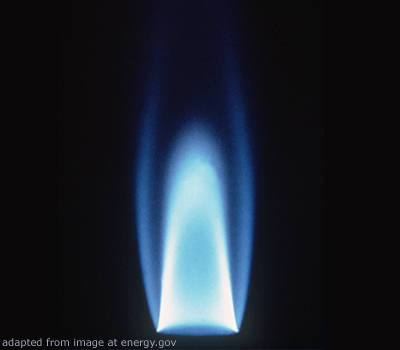The World’s Most Geopolitically Charged Pipeline

(Oilprice.com – Tim Daiss – January 19, 2019)
Russia’s proposed pipeline to bring more gas from Russian fields into Europe via an undersea pipeline to Germany seems to be unable to shake both geopolitical maneuvering as well as headline-grabbing quotes from both sides of the divide.
On Thursday, Wolfgang Ischinger, chairman of the Munich Security Conference, and a seasoned diplomat said Germany should finish the Russian-backed Nord Stream 2 gas pipeline despite U.S. opposition and growing domestic concerns, but future energy projects should be coordinated by the EU.
He added that the initial “birth defect” of the $11 bn pipeline project was the fact that European treaties had allowed the German government to deem the project as purely commercial. He also added, (what U.S. government officials have been claiming for quite some time, but most EU officials have been denying) that it was clear such a large project clearly had a political nature, particularly given Russia’s annexation of the Crimea region of Ukraine in 2014 and other actions in recent years.
According to a Reuters report yesterday, Ischinger cautioned against abandoning the project as it neared its completion date of late 2019, citing German foreign policy’s focus on consistency and sustainability. “Saying ‘forget it’ now would not be good German foreign policy.”
The $11 billion gas pipeline will stretch some 759 miles (1,222 km), running on the bed of the Baltic Sea from Russian gas fields to Germany, bypassing existing land routes over Ukraine, Poland and Belarus. It would double the existing Nord Stream pipeline’s current annual capacity of 55 bcm and is expected to become operational by the end of next year.
Geopolitically charged pipeline
The Nord Stream 2 pipeline has also been a point of contention, perhaps even on a personal level, between Trump and Germany as well. In a televised meeting with reporters and NATO Secretary-General Jens Stoltenberg before a NATO summit in Brussels last year, Trump said it was “very inappropriate” that the U.S. was paying for European defense against Russia while Germany, the biggest European economy, was supporting gas deals with Moscow. Russia, for its part and unsurprisingly, deems the pipeline as a purely commercial venture.
Richard Grenell, the U.S. ambassador to Germany stoked a media firestorm in the country earlier this week after he told German companies involved in the Nord Stream 2 project that they could face sanctions if they continued with the plan that is already far advanced. German media group and broadcaster Deutsche Welle (DW) said that “Grenell’s latest move remains highly unusual and is likely to prompt fresh tensions between Washington and Berlin.”
Though Trump has also been criticized for politicizing the pipeline, both of his predecessors Barack Obama and George W. Bush also opposed the pipeline amid security concerns. And at the end of the day, given Russian President Vladimir Putin’s unorthodox and even aggressive moves during his two stints as president for a total of some 15 years, these security concerns are founded.
Moreover, there is a growing, but often silent group inside Russia that disapproved of Putin’s geopolitical actions that has brought multiple sanctions on the country and considerable economic hardship. As a young, lower level manager for a well-established Russian energy company told me last year at a conference in Vietnam, “hey don’t blame all Russians for Putin’s actions, the guy has been president since I was in grade school. We can’t control what he does…”
Nord Stream 2 likely to proceed on schedule
Yet, going forward it seems probable that the pipeline will be built on schedule, all the while prolonging Europe’s reliance on Russia’s decades-old gas monopoly in Europe. The way forward, for some EU countries already tried of Russian interference and geopolitical hegemony using the gas weapon in the region, including Poland and several Baltic states, will be to procure more U.S.-sourced LNG, as well as from Qatar and other players. To this end, however, LNG is currently and will be in the future at a decided pricing disadvantage compared to cheaper Russian pipeline gas.
Finally, Germany has also indicated recently, likely bowing to pressure from Trump, that it will expand its LNG infrastructure, including signing more LNG deals with U.S. producers. While this will not be enough to nullify the enormous stakes and risks of an operational Nord Stream 2 pipeline, it will at least offer marginal diversity of supply.
